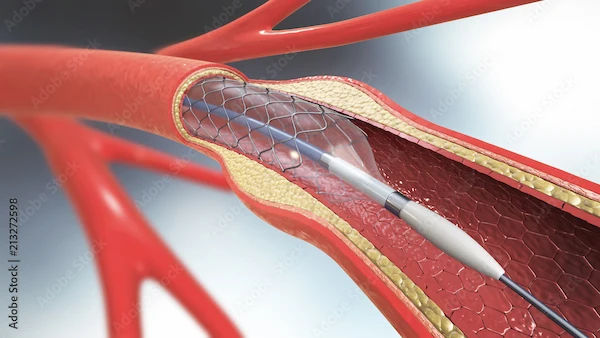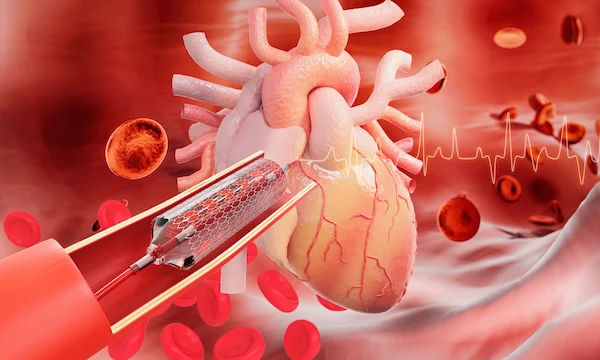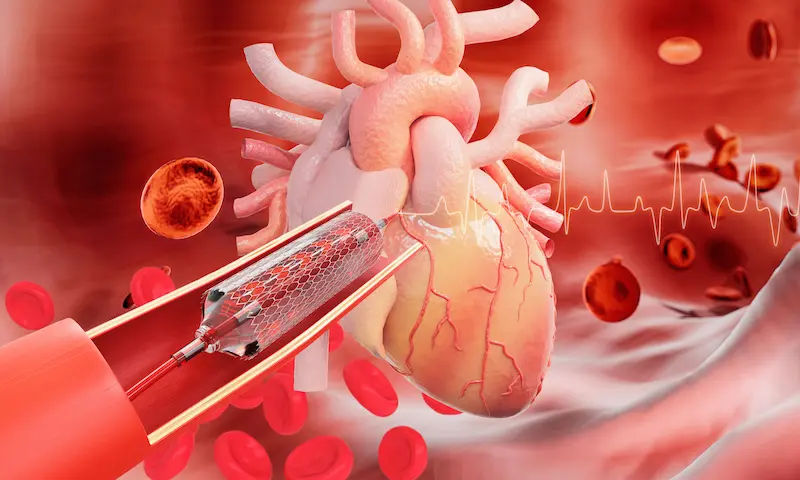- male
- 75 Years
- 14/08/2025
Is aortic valve replacement with a tissue valve safe for someone over 70 my dad's doctor suggested it but I'm worried about risks at his age
Answered by 1 Apollo Doctors
The risk of experiencing complications is generally higher for older people and those in generally poor health. Possible problems include: Infection – there's a risk of wound infections, lung infections, bladder infections and heart valve infections (endocarditis). You may be given antibiotics to reduce this risk.
Dr. Kamran Suggests...
Consult a Cardiothoracic and Vascular Surgeon
Answered 14/08/2025
0
0

More Cardiothoracic & Vascular Surgery Health Queries
View allMy father is 59 and needs a mitral valve replacement. He first had mitral valve repair for rheumatic heart disease back in 1981 through open heart surgery, then developed mitral valve stenosis again in 2011 and had BMV done. Now he has severe calcific mitral stenosis. What would be better for him a tissue valve or mechanical valve? Also, which specific valve model and manufacturer would give the best long-term results? Cost isn't an issue, just want the most durable option for him.
For a 59-year-old with a history of rheumatic heart disease, extensive valve calcification, and previous repair and balloon valvotomy, a mechanical valve replacement offers the best long-term durability. Specific valve models and manufacturers depend on individual factors and surgeon preference, but generally, well-established mechanical valves with a proven track record are recommended.
Answered by 1 Apollo Doctors
I've been worried because my mom, who had a pacemaker put in about 7-8 years ago due to some heart problems, is dealing with foot pain. I'm considering getting her an electric foot massager to help with that, but I'm concerned because I've heard that people with pacemakers might face issues using such electric equipment. Could using an electric foot massager affect her pacemaker or its battery life? Any advice would be really helpful.
cardiologist and psychiatric opinion is advised
Answered by 1 Apollo Doctors
My doctor said I have Sev MR Mod MS and Mild AR and need DVR surgery within 3 months. Can you recommend some good but affordable hospitals for this? Any city is fine, just need quality care without breaking the bank.
For DVR surgery, affordable options can be found in cities like Delhi, Mumbai, or Bangalore. Some reputable but reasonably priced hospitals include AIIMS (Delhi) and KEM Hospital (Mumbai), but costs may vary.
Answered by 1 Apollo Doctors
Disclaimer: Answers on Apollo 247 are not intended to replace your doctor advice. Always seek help of a professional doctor in case of an medical emergency or ailment.





